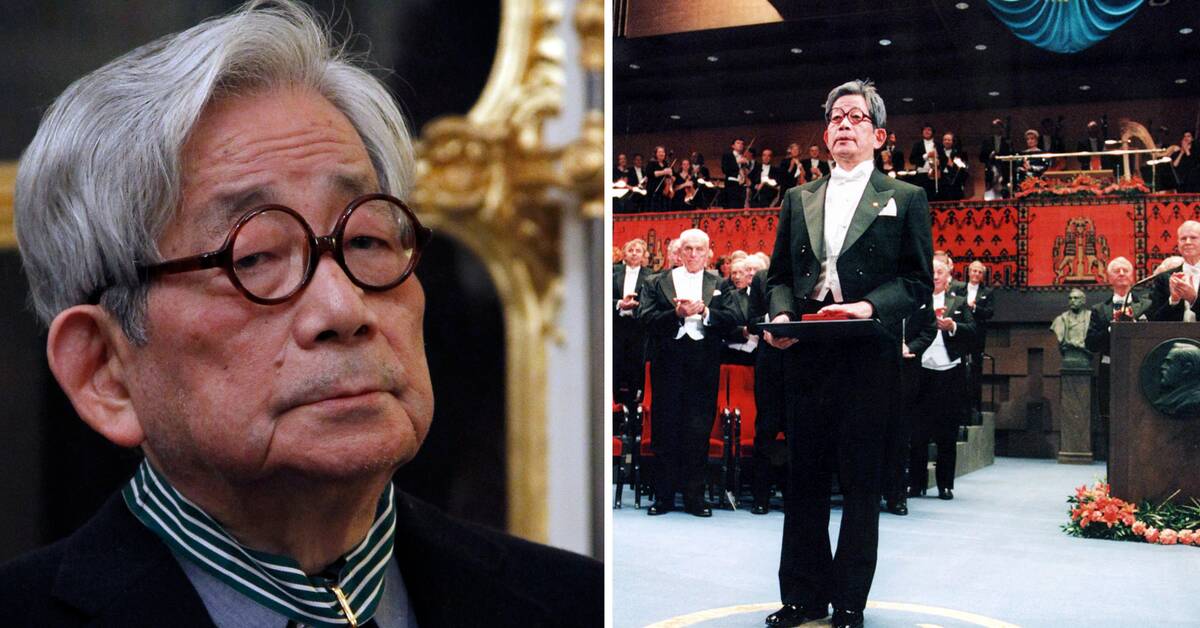Kenzaburo Oe died on March 3 and the family has already held the funeral, the publisher announced, describing him as "a leading liberal voice in Japan who challenged the conformity of modern society."
Oe received the Nobel Prize in 1994 because he "creates with poetic power an imaginary world, where life and myth are condensed into a shocking image of man's situation in the present".
In his writing he had been influenced by Jean-Paul Sartre and existentialism but also Rabelais.
He himself described his writing as a kind of "grotesque realism".
Hit through in the 60s
Kenzaburo Oe had his breakthrough in 1964 with the novel "The Nightmare" where he used his own experiences of having a disabled son.
Among his novels in Swedish are also "Time for football" (1965) and "M/T and the story of the wonder of the forest" (1986).
He was also active as a social debater.
When Japan decided to restart nuclear power reactors after the Fukushima disaster, he argued that the country should instead follow in Germany's footsteps and phase out nuclear power.

